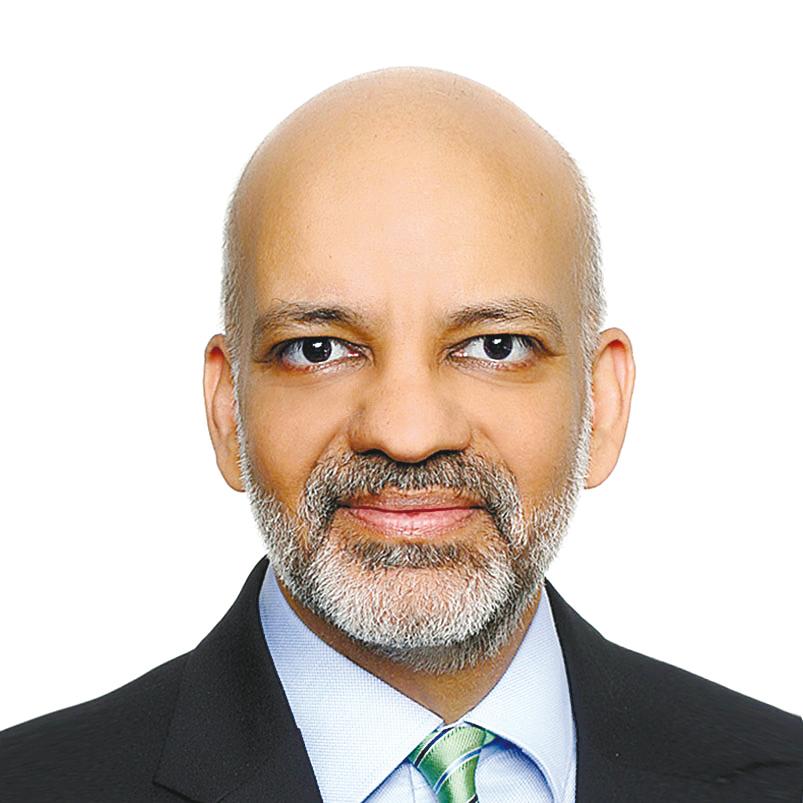PETALING JAYA: World Bank Malaysia sees the Fiscal Responsibility Act mooted in Budget 2022 as an indispensable tool in the management of Malaysia’s fiscal space, according to its country manager, Dr Yasuhiko Matsuda.
He believes a national blueprint for fiscal responsibility is a requirement for the Malaysian economy to move forward as well as a means to carve up a larger fiscal space.
“There seems to be concern on the levels of indebtedness and its impact on the long term macroeconomic stability, which is a legitimate concern in any circumstance,” Matsuda said at a virtual press conference following the launch of the World Bank’s Malaysia Economic Monitor report entitled “Staying Afloat” today.
If the FRA is well designed and complied with, he sees it as an important tool in stabilising the country’s fiscal management. “However, at the same time it should not be seen as a ‘magic ball’ as no single piece of legislation can fix the economy.”
The country manager opined that the legislation should be seen as a tool in the overall approach towards fiscal credibility, as the report also raised the issue of more efficient expenditure spending.
He conceded that emoluments and rigid expenditure is a difficult matter to address in any economy, as well as the matter of raising taxes.
“Moving forward, goods and services tax (GST) is an efficient tax measure and it should be on the table for consideration but it should also be coupled with better measures to ensure expenditure efficiency.”
Matsuda said the World Bank has some thoughts on improving the efficiency of public spending; however it requires some difficult decisions on public sector efficiency and productivity, given the high level of emolument expenditure.
In the latest Malaysian Economic Monitor, the report laid out the country’s operating expenditure (opex) is estimated to be at 14.3% of the gross domestic product (GDP), dwarfing the development expenditure projection of 4.6% of GDP.
It also pointed out the rigid opex – consisting of emoluments, retirement, and debt service charges – is slated to touch 68% of GDP by 2022, placing additional constraints on the already limited fiscal space.
“The increased expenditure on these items, together with the decline in revenue, will narrow the government’s fiscal space and could pose risks to long-term fiscal sustainability,” said the report.
In addition, it highlighted that the debt service charge has exceeded the administrative limit of 15% of federal government revenue since 2020 and it is projected to rise to 18.4% in 2022, following an increase in debt.
World Bank Group’s lead economist, Dr Apurva Sanghi, noted a counter-cyclical trend in fiscal policy during the pandemic as government expenditure has gone up, debt has increased and the fiscal deficit is expected to touch 6.5% of GDP against an earlier projection of 5.4%.
On this, he views the increased spending as necessary given the scale and intensity of the crisis.
“However, the problem is that revenue has been persistently dropping, not just in the last year or two but almost over a decade,” said Apurva. In addition, he said, the expansionary Budget 2022 further constrains Malaysia’s fiscal space which obviously has consequences on long-term fiscal sustainability.
“We do not suggest something be done right away, as we are still in a situation where we have a negative output gap and fiscal policy needs to be expansionary but targeted at those affected,” said the economist.
He believes FRA is important for the medium term as it sets out a fiscal consolidation path and there is a need to improve the tax collection framework, revisiting wasteful tax expenditure and securing taxation from other sources such as consumption taxes, sin taxes which will help alleviate the issue.
For Malaysia, the World Bank has retained its GDP growth projections of 3.3% for 2021 and 5.8% for next year.
Apurva has identified the uncertainty brought about by the new Omicron variant, prolonged global supply chain disruption and slower economic recovery in China as well as a possible resumption of a US-China trade tension as downside risks to Malaysia’s external demand.
“Overall, Malaysia has reasonable external buffers,” he said. However, the problem is the uncertainty of the pandemic, particularly with the Omicron variant.
“If push comes to shove, there is a need to prioritise health and the booster vaccination program and these are the fiscal outlays that need to be made.”














